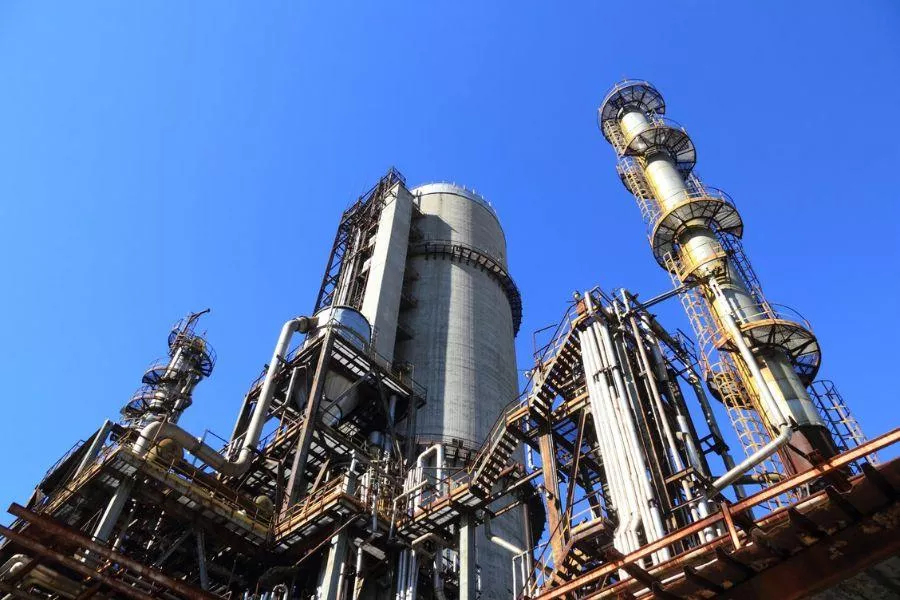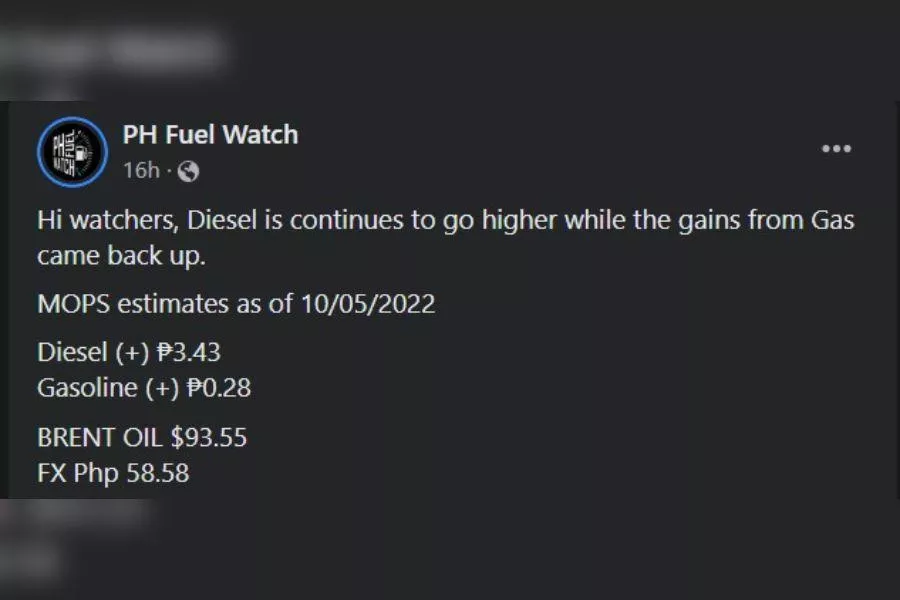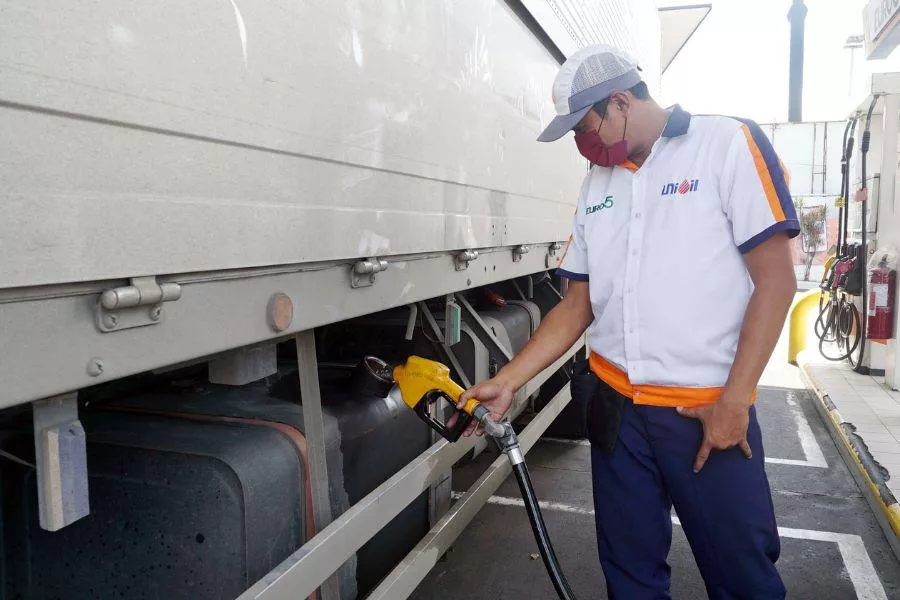The Organization of Petroleum Exporting Countries and its allies, collectively known as OPEC+, reached an agreement Wednesday to reduce global oil production by two million barrels per day, equivalent to two percent of the world’s supply.

The world's oil producers have agreed to reduce output by two million barrels per day starting November 2022
This is considered the biggest production cut since the height of the COVID-19 pandemic and is expected to send fuel prices higher amid tight market supply.
Saudi Arabia, through Energy Minister Prince Abdulaziz bin Salman, said that OPEC+’s objective was to keep the market sustainable for oil, in response to rising interest rates in Western countries and an overall weaker global economy. He added that the group needed to be proactive as central banks worldwide move to tackle soaring inflation.
World oil prices dropped to below $90 (Php 5,296.32) from a high of $120 (Php 7,061.76) three months ago due to a global economic recession, rising interest rates in the U.S. and a stronger dollar.

PH Fuel Watch has already advised consumers of a possible fuel price hike for next week
However, Prince Abdulaziz clarified that the real cuts would amount to only 1 to 1.1 million barrels per day since existing baseline figures indicate that OPEC+ fell 3.6 million barrels per day short of its output target in August. The reduced supply will take effect by November 2022.
Following OPEC+’s announcement, international benchmark Brent North Sea crude went up in price by two percent, reaching $93.41 (Php 5,496.99) per barrel.
The group slashed oil production by almost 10 million barrels per day in April 2020, in a bid to stop falling world oil prices due to lower demand caused by COVID-19 lockdowns. While output subsequently returned to pre-pandemic levels this year after production increased in 2021, a number of OPEC+ members struggled to meet quotas.

Motorists face the prospect of more expensive fuel on top of other economic worries
Despite efforts by oil-dependent countries to convince OPEC+ to be more generous in its output, the group made a symbolic cut of 100,000 barrels per day in October, the first in more than a year.
On the home front, Filipino motorists and consumers have had some consolation in five consecutive weeks of fuel price rollbacks despite rising inflation and the weakening of the peso. OPEC+’s latest announcement, however, could mean that it will be time for everyone to brace themselves again.
Keep a vigilant eye on fuel price movements at Philkotse.com.
Recent posts
- fuel price rollback october 4 Oct 03, 2022
- more fuel price hikes weak peso Jun 30, 2022
- fluctuating fuel prices explained May 27, 2022
- gasoline price 100 per liter possible Mar 10, 2022












